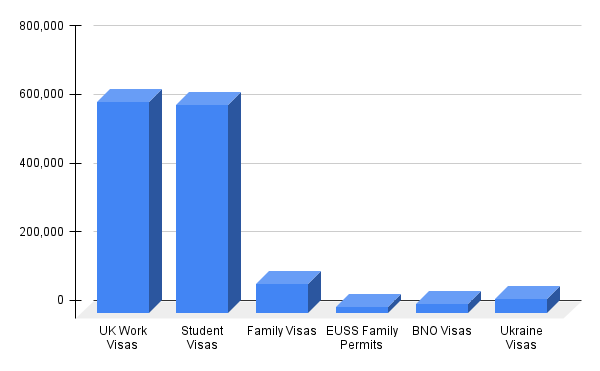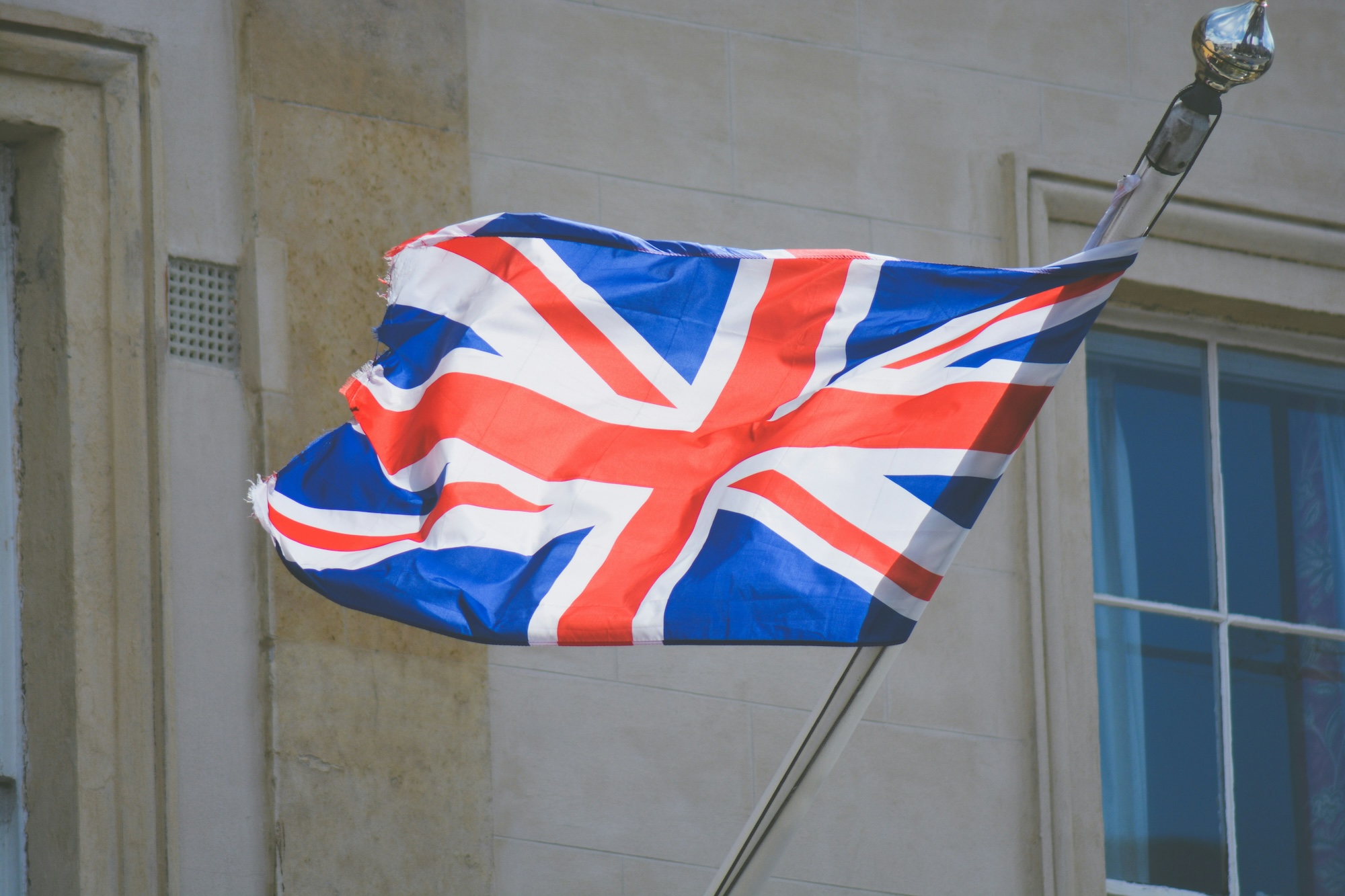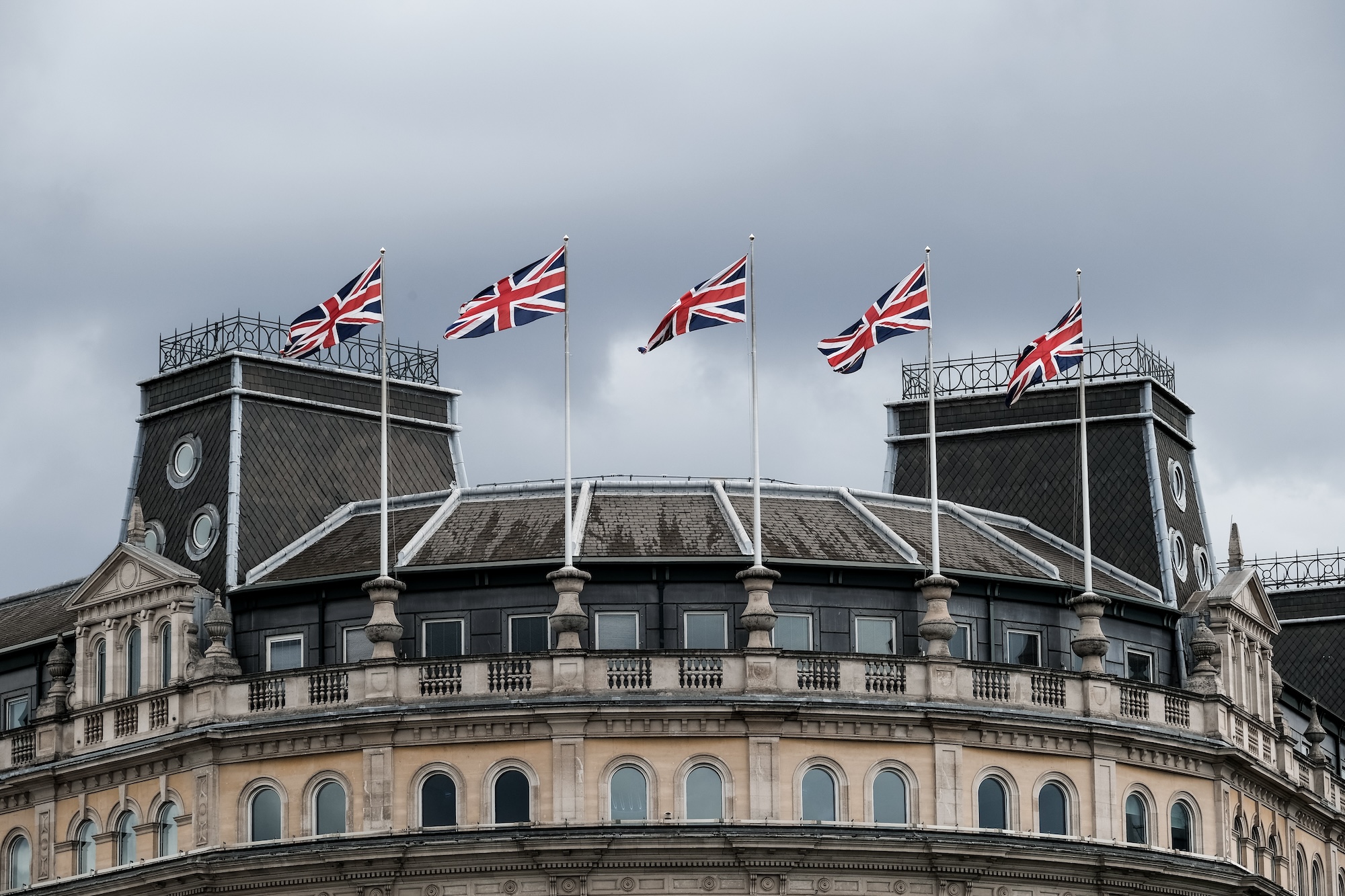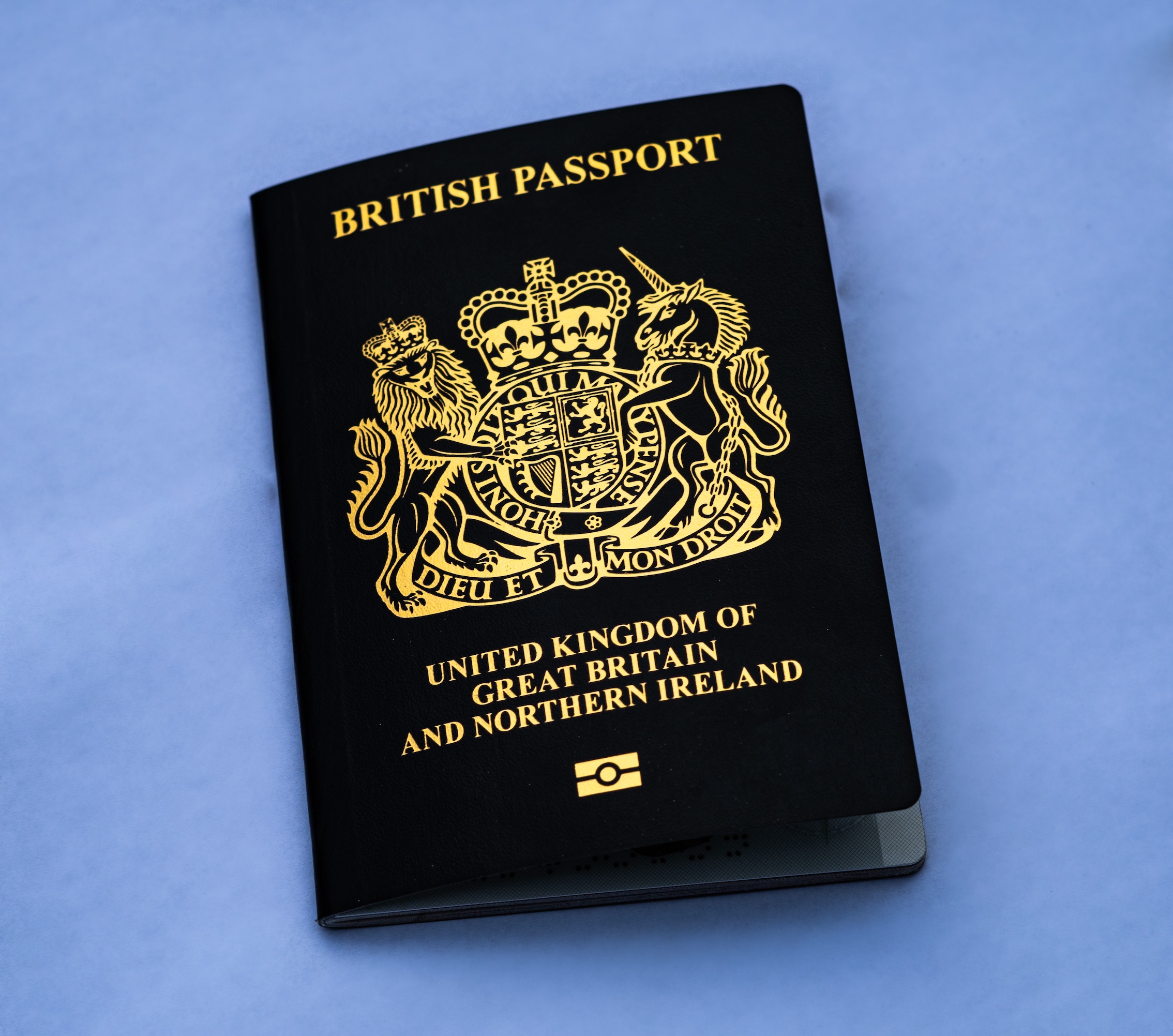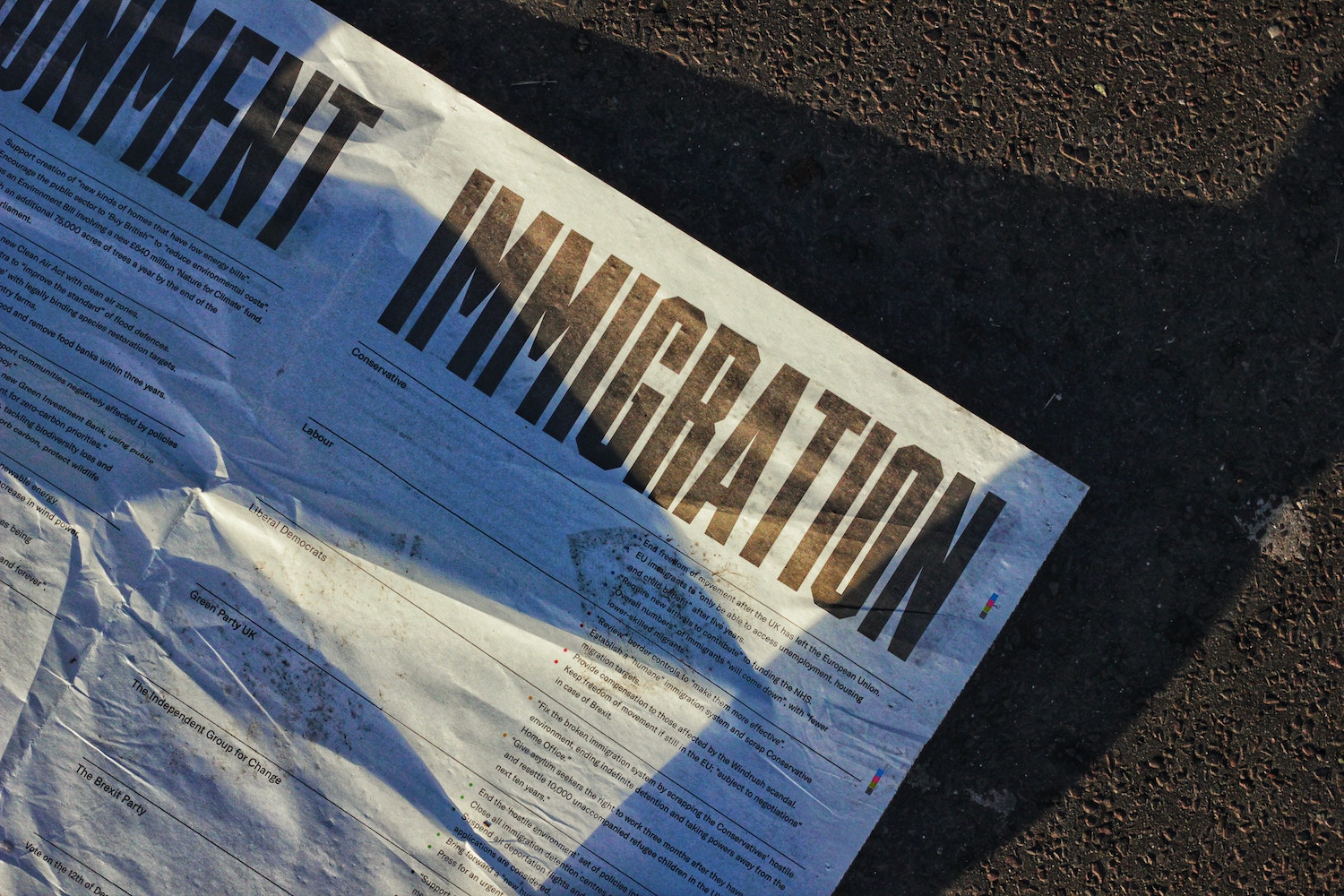
ILR Refusal Rate Explained
Learn what are the main reasons an Indefinite Leave to Remain Application is refused.
Indefinite Leave to Remain (ILR), also known as permanent residency, is a highly sought-after immigration status in the United Kingdom. It’s a legal status and a gateway to a permanent and secure future in the UK. It grants successful applicants unrestricted freedom to live and work in the UK, eliminating the need for visa renewals or travel authorization limitations. However, navigating the ILR application process can be complex; unfortunately, not all applications are successful. This blog post explores the topic of ILR refusal rates within the framework of UK immigration regulations and law, offering insights to help individuals increase their chances of a successful application and pave their way to a brighter future.
Understanding ILR Refusal Rates
The Home Office publishes quarterly statistics detailing application outcomes for various immigration applications, including ILR. These statistics, referenced in Statement of Immigration Statistics [invalid URL removed], indicate the percentage of rejected applications. It’s crucial to remember that refusal rates can fluctuate based on various factors, such as nationality, the chosen route for application, and prevailing economic conditions.
While the exact rate can vary, knowing the general landscape is beneficial. For instance, the year ending June 2023 statistics indicated an overall ILR refusal rate of approximately 5%. Conversely, this translates to a 95% success rate for ILR applications during that period.
Reasons for ILR Application Refusal
ILR can be refused for several reasons, outlined within the Immigration Rules
- Incomplete Applications: An application form error or missing documents is a common reason for refusal. Ensuring your application is complete and accurate according to the Immigration Rules is vital for success.
- Ineligibility: Not meeting the eligibility criteria for the chosen ILR route outlined in the Immigration Rules can lead to refusal. It is essential to carefully research the requirements for your preferred route and ensure you demonstrably comply with all of them.
- Financial Requirements: Depending on your application route, you may need to meet specific financial requirements stipulated in the Immigration Rules. Insufficient income or a lack of evidence of economic stability can be grounds for refusal.
- Residency History: Meeting the continuous residency requirements as defined in the Immigration Rules is crucial. If there are unexplained gaps in your lawful stay in the UK, it can negatively impact your application.
- Reasonable Character Concerns: A serious criminal record or a history of breaching immigration laws, as defined by the UK Borders Act 2007, can lead to refusal.
- Unforeseen Circumstances: In some cases, unexpected circumstances, such as a change in employment or personal situation, might arise during processing. To mitigate potential issues, promptly communicating any significant changes to the Home Office is essential.
Enhancing Your Chances of ILR Application Success
- Seek Professional Guidance: Consulting with an experienced immigration lawyer can significantly increase your chances of success. A lawyer cannot only assess your eligibility and ensure your application adheres to the Immigration Rules but also provide you with the confidence and reassurance you need throughout the process. They can represent you, making the complex ILR application process more manageable.
- Gather Strong Evidence: Meticulously gather all required documents and supporting evidence to demonstrably prove you meet the criteria outlined in the Immigration Rules for your chosen ILR route.
- Meet the Financial Requirements: Ensure you have sufficient income or meet any alternative financial requirements stipulated by the Immigration Rules for your chosen route.
- Maintaining a Clean Criminal Record: A criminal record can significantly impact your application.
- Comply with Residency Requirements: Ensure you meet the continuous residency criteria defined in the Immigration Rules for your chosen ILR route.
- Stay Informed: It is crucial to keep yourself updated on any changes to ILR requirements or application procedures outlined in the Immigration Rules. This knowledge empowers you and lets you control your ILR application journey, ensuring you are well-prepared and one step ahead.
- Take the Initiative: If your circumstances change during the application process, proactively informing the Home Office is crucial. Informing the UKBA can help you avoid potential complications and ensure a smooth application process.
Conclusion
Obtaining ILR unlocks a permanent and secure future in the UK, leading to British Citizenship. While there are refusal rates, understanding the reasons for refusal within the context of UK immigration regulations and law and taking steps to ensure a robust application can significantly increase your chances of success. Remember, professional guidance from an immigration lawyer can be invaluable throughout the ILR application process. We hope this post on ILR refusal rate was useful.


